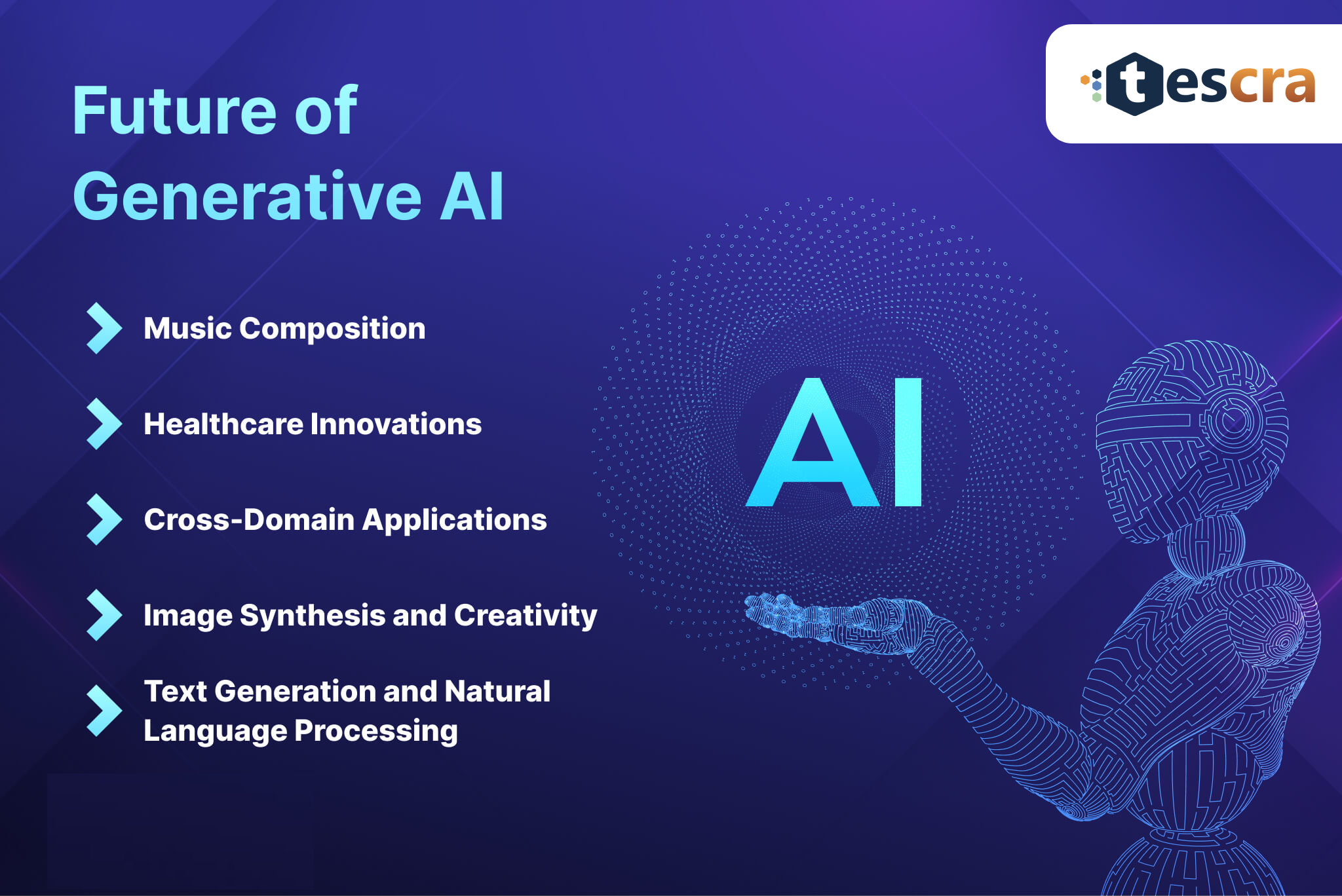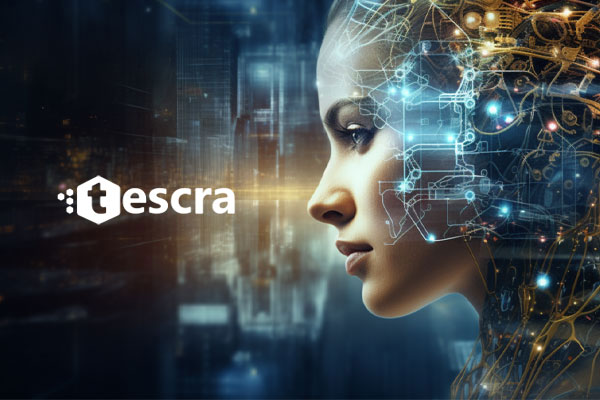Artificial Intelligence (AI) has been a transformative force across industries, shaping the way businesses operate, individuals interact with technology, and societies evolve. Among the most groundbreaking advancements in AI is generative AI, a subset that enables machines to create content, mimic human creativity, and drive innovation at an unprecedented scale. From automating content creation to advancing problem-solving capabilities, AI and generative AI services are set to redefine the future of innovation.
The Rise of Generative AI
Generative AI, which leverages deep learning models like GPT (Generative Pre-trained Transformer) and GANs (Generative Adversarial Networks), has opened new frontiers in creativity and automation. Unlike traditional AI, which primarily analyzes data and makes decisions based on existing patterns, generative AI goes a step further by generating new content, ideas, and solutions. This includes text, images, music, and even complex code, enabling businesses and individuals to scale their creative and operational capabilities significantly.
With platforms like OpenAI’s ChatGPT and Google’s Gemini, generative AI is becoming increasingly accessible, allowing businesses to streamline content generation, automate customer service, and personalize user experiences. AI-powered chatbots, virtual assistants, and even AI-generated marketing materials are revolutionizing industries, making workflows more efficient and cost-effective.
AI’s Impact on Key Industries
1. Healthcare
AI-driven diagnostics, predictive analytics, and personalized medicine are transforming healthcare. Generative AI is now aiding in drug discovery, medical imaging analysis, and even providing virtual health assistants to improve patient care. AI-generated medical reports and research summaries are reducing the time required for analysis, enabling healthcare professionals to focus on critical decision-making.
2. Education
AI-powered tools are personalizing learning experiences, creating adaptive curricula, and automating grading systems. Generative AI is making education more accessible by generating course materials, translating content in real-time, and offering AI tutors that provide instant support to students worldwide.
3. Business and Marketing
Enterprises are leveraging AI to enhance marketing strategies through predictive analytics, automated content generation, and customer behavior analysis. Generative AI is revolutionizing ad copywriting, video script creation, and product recommendations, leading to more engaging and personalized marketing campaigns.
4. Entertainment and Media
Generative AI is disrupting the entertainment industry by creating AI-generated music, scripts, and even deepfake videos. Filmmakers and content creators are using AI to generate realistic CGI effects, automate video editing, and even develop new storytelling techniques.
5. Finance and Banking
AI-powered risk assessment, fraud detection, and automated financial advisory services are transforming the banking sector. Generative AI is assisting in algorithmic trading, portfolio management, and customer support chatbots, ensuring more efficient financial decision-making.
Ethical Considerations and Challenges
While AI and generative AI services promise immense benefits, they also raise ethical concerns, including data privacy, bias in AI models, and potential job displacement. Ensuring transparency and fairness in AI-generated content remains a crucial challenge, as biases in training data can lead to skewed outcomes. Additionally, the rise of deepfake technology and AI-generated misinformation calls for stricter regulations and ethical AI development practices.
Governments and organizations must work collaboratively to establish guidelines for responsible AI use, ensuring that AI technologies are developed and deployed ethically. Companies investing in AI should prioritize explainability, security, and fairness to prevent misuse and build trust among users.
The Future of AI and Generative AI
As AI and generative AI continue to evolve, their potential is boundless. The integration of AI with emerging technologies like quantum computing and blockchain will further amplify its capabilities, enabling faster data processing, enhanced security, and more powerful AI models.
The future of AI innovation will likely be driven by increased collaboration between humans and machines. AI will serve as a co-pilot in creativity, problem-solving, and decision-making, augmenting human potential rather than replacing it. With continuous advancements in AI research, we can anticipate a future where AI seamlessly integrates into our daily lives, enhancing productivity, creativity, and overall well-being.



